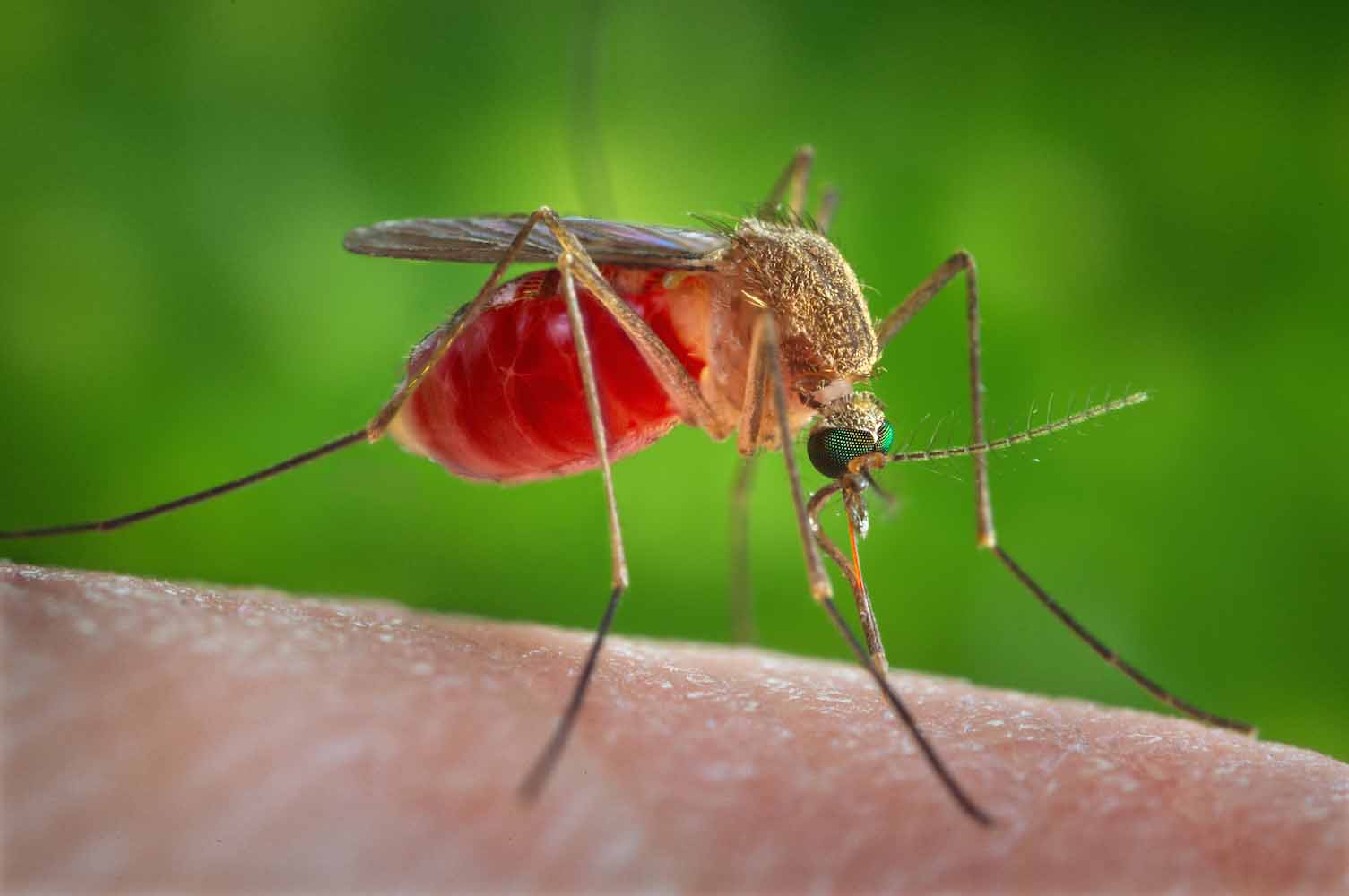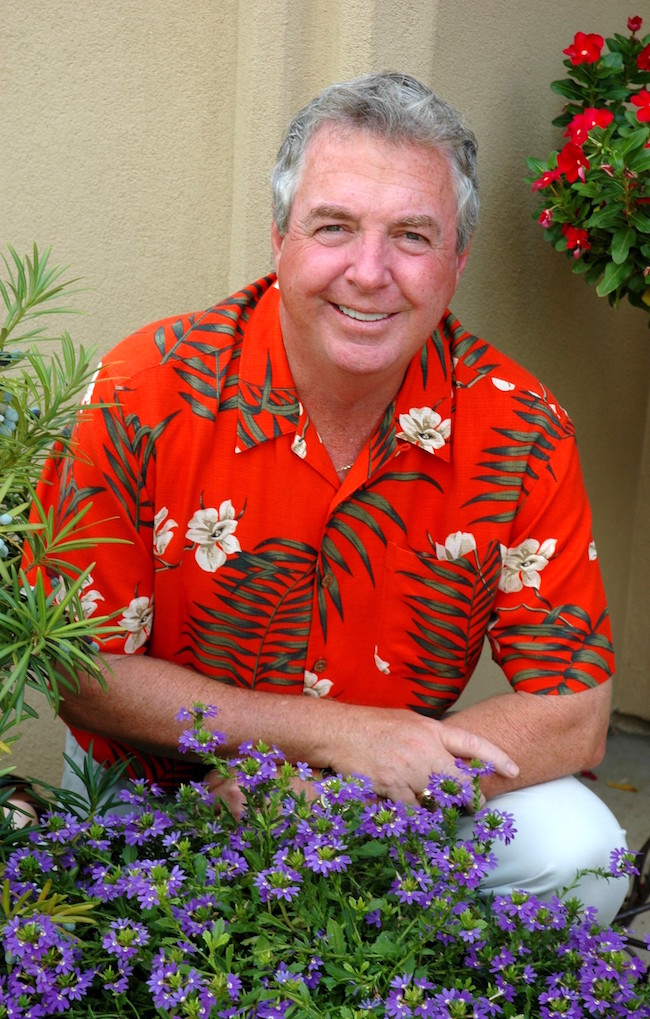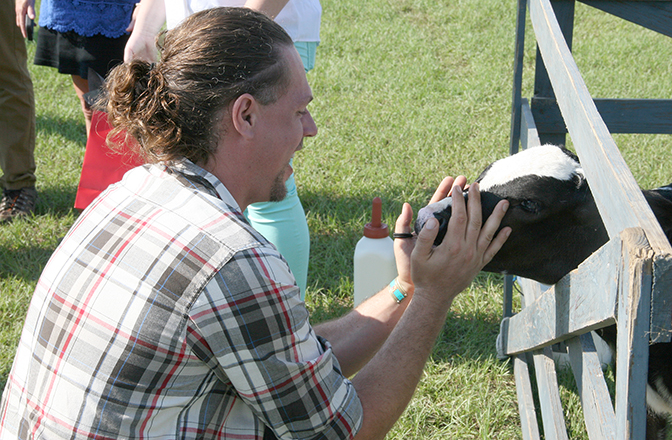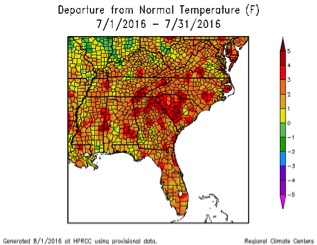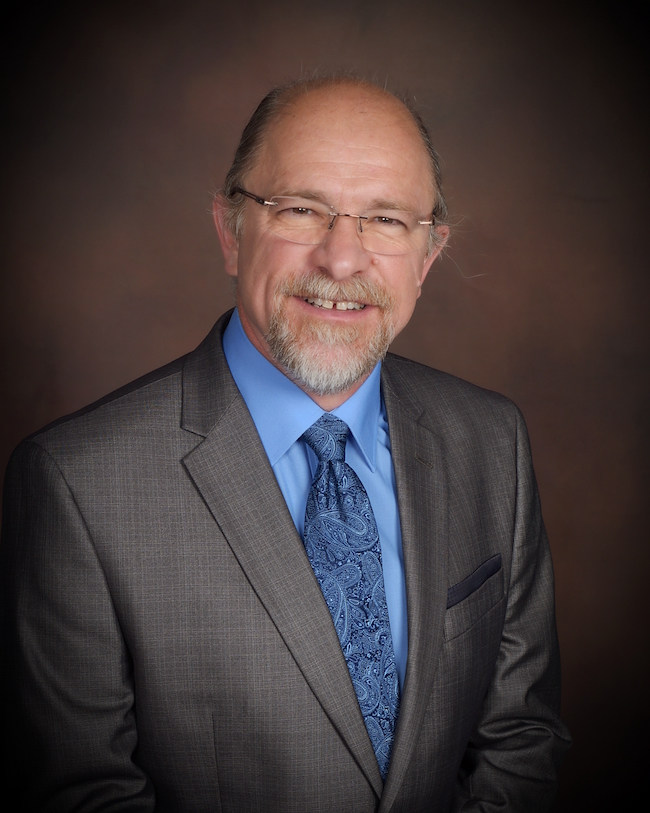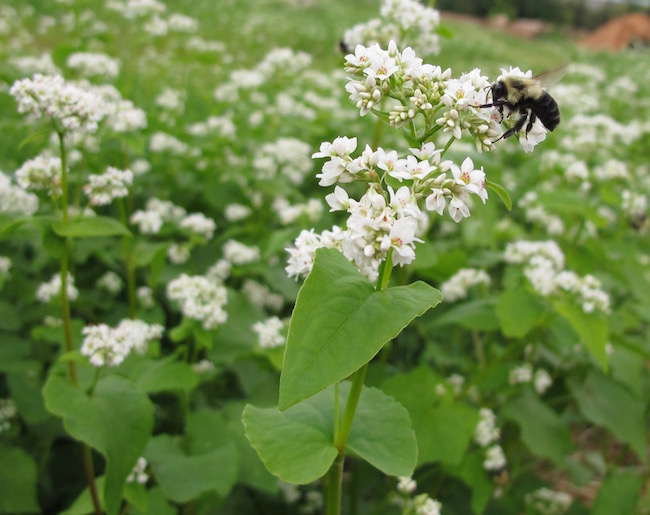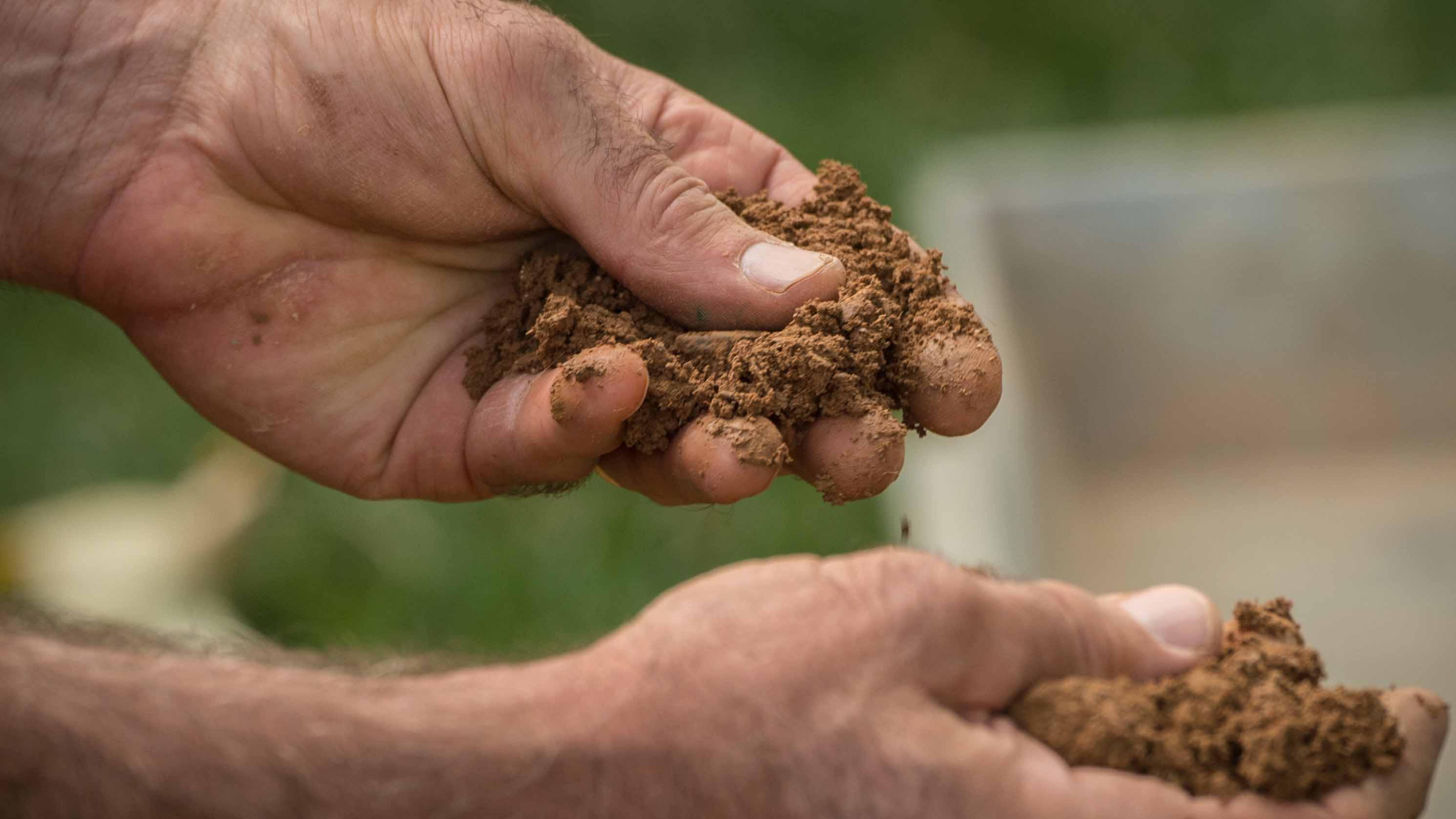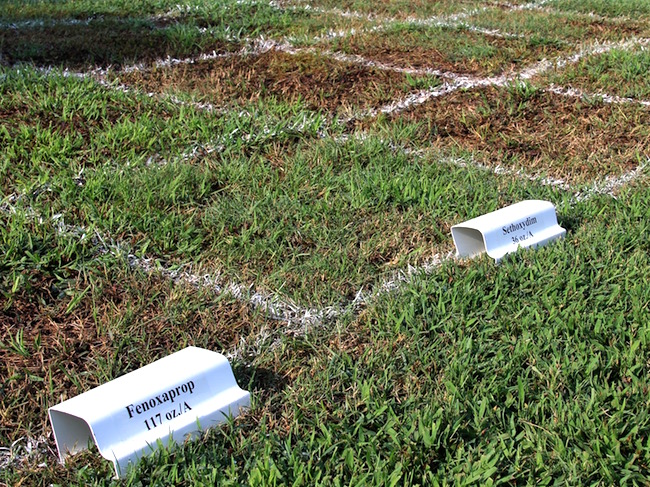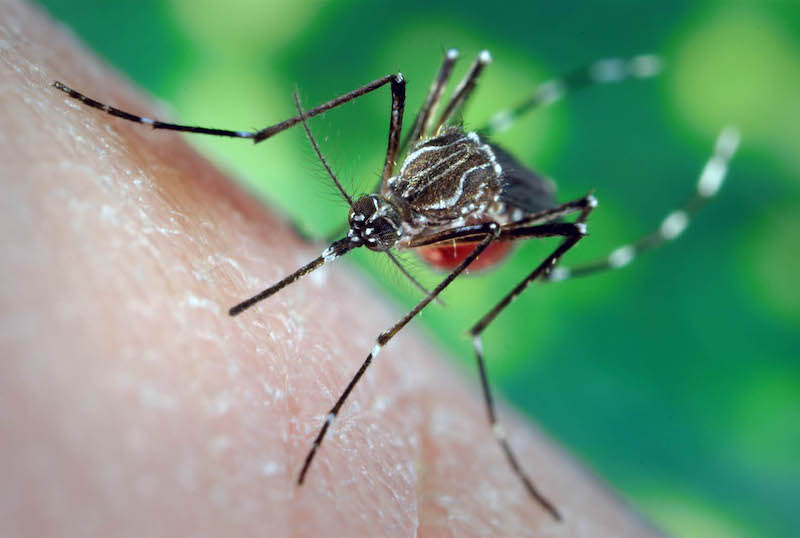 CAES News
CAES News
Mosquito Readiness
While school is back in session, Georgians won’t be giving up on summer fun just yet. In fact, many of us may be spending even more time outside as it starts to cool off this September and October.

